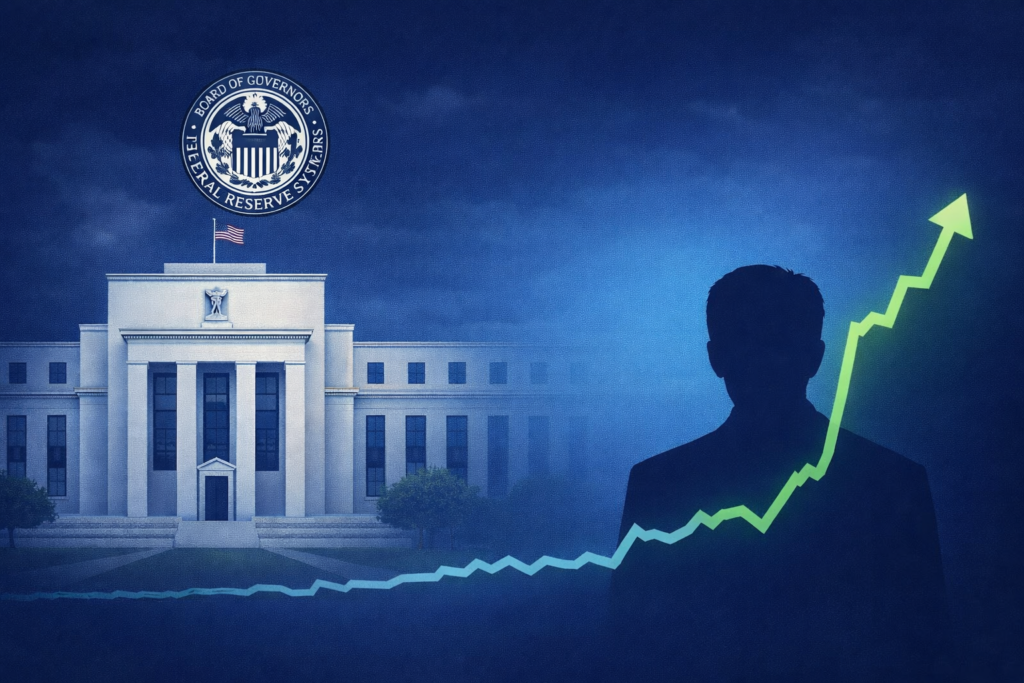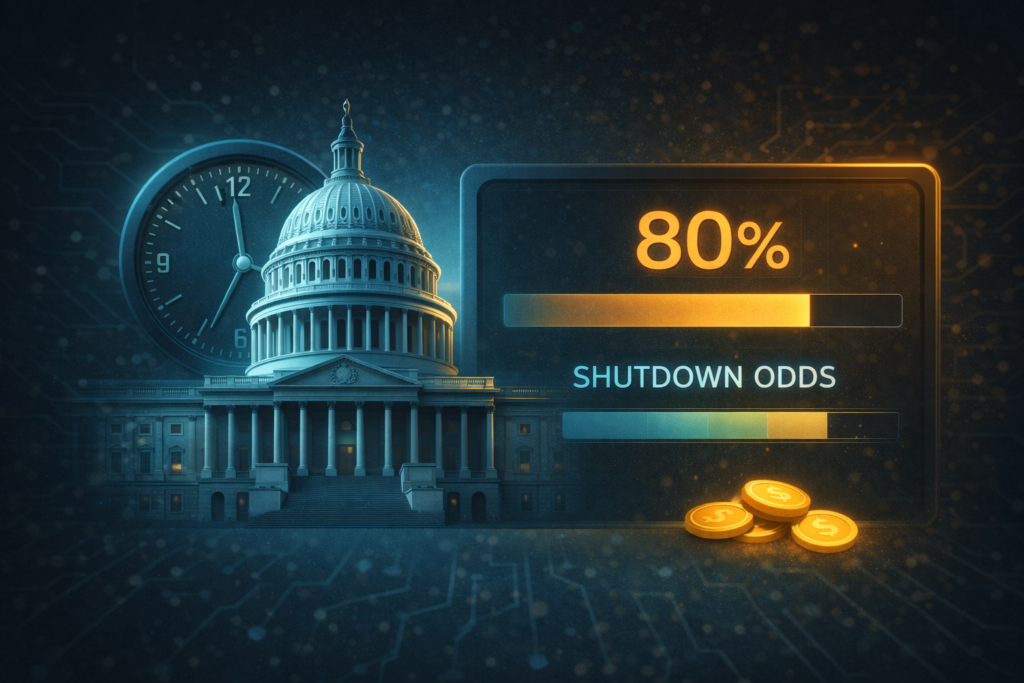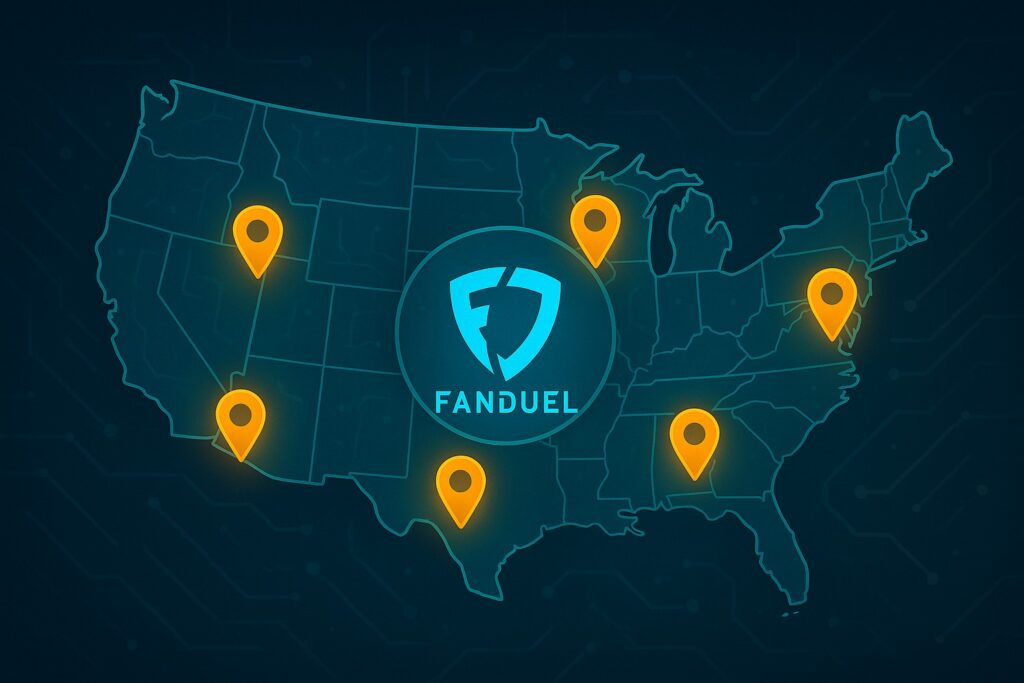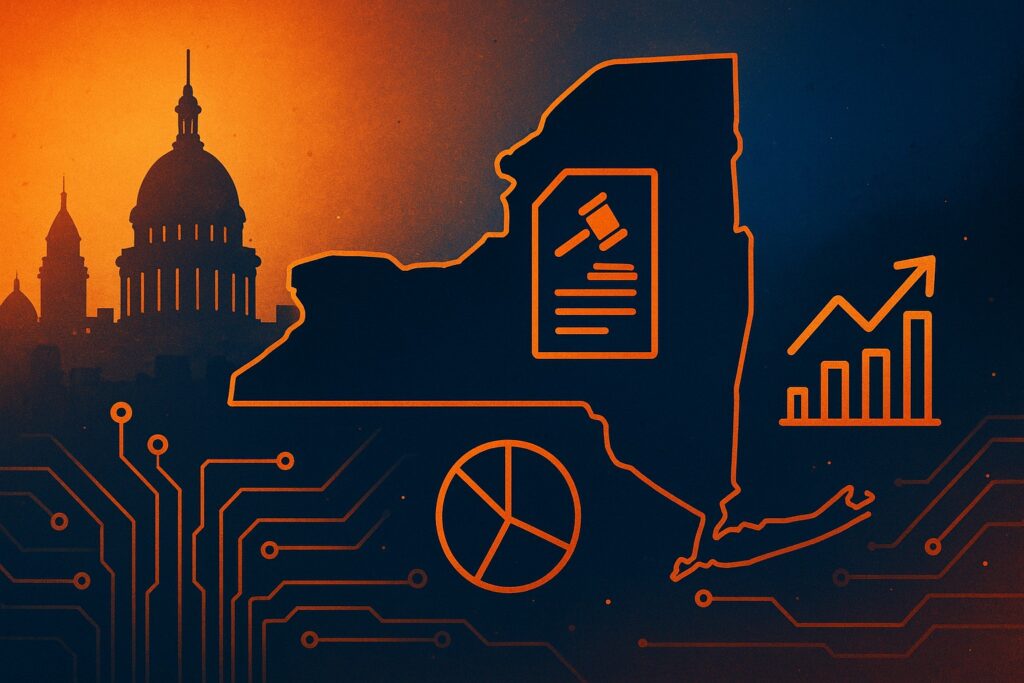Unless it’s repealed, a new tax provision capping the losses gamblers can deduct at 90% takes effect on Jan. 1, 2026. Meanwhile, prediction markets are rising in prominence.
A potential result of this dynamic: A migration of big gamblers — professionals and whales, alike — from regulated sportsbooks to prediction markets in the new year.
While debate intensifies about whether trading on prediction markets is betting or investing, many gamblers intend to lean on the latter notion, which, if it holds, means such trading will be treated as any other CFTC-regulated financial instrument, not like sports wagers, and 100% of losses can be used to offset gains.
Under the 90% rule, snuck into the One Big Beautiful Bill Act signed into law by President Trump on July 4, it’s possible to lose money gambling and still owe money in taxes. A break-even gambler who puts $2 million into play in 2026 (wins $1 million, loses $1 million) will owe $37,000 in gambling tax (safely assuming he’s in the top federal tax bracket).
For pro gamblers, the rule makes their careers untenable.
“Eighty percent of the handle in the [regulated sports betting] market is generated by professional syndicate play and whale VIP play,” American Bettors’ Voice board member Adam Robinson told DeFi Rate. “I believe this tax loss provision is going to incentivize those who are responsible for 80% of regulated handle to look elsewhere. …
“Next year is a do-or-die moment,” Robinson stressed. “If the tax loss provision is not repealed, prediction markets will be the place folks go.”
For what it’s worth, there’s just a 12.5% chance the law will be repealed before the calendar flips to 2026, according to Kalshi odds as of this writing.
“[Much of my day is] telling my clients how they should be tracking their income and losses and expenses so that they’re ready to go on 1-1-26,” said Gary Kondler, a Las Vegas-based accountant who handles taxes for professional and recreational bettors.
Pay Me Now or Pay Me Later?
The IRS has yet to make a ruling or issue guidance on how prediction markets will be treated. But knowing what we know now – betting with sportsbooks means the 90% cap definitely applies, while trading on prediction markets means it may not apply — it’s clear to Robinson which path bettors should take.
“Anyone who understands the tax risk of regulated sportsbook play in the United States, if this isn’t repealed, is figuring out how to move all of their action to federally licensed products where nothing is settled,” Robinson said. “Accountants are not by and large recommending their clients follow the OBBB’s tax laws provisions for event contracts.”
This could be, however, a ‘pay-me-now or pay-me-later’ situation. Several years from now, after gamblers move their action to prediction markets, the IRS may decide that such “trading” is “gambling” after all.
“There is an answer, but it’s in the future,” cautions Captain Jack Andrews, a pro gambler, player advocate and founder of Unabated. “You can guess however you think it should go, and if you’re wrong, you pay penalties and interest on being wrong in retrospect.
“It’s one of these deals where you’re right until you’re wrong, and when you’re wrong, you’re gonna pay for it.”
The time frame for a determination is probably lengthy. Tax returns for 2026 are not due until April 2027. From there, an audit is still 12 to 18 months away, and after some back-and-forth between a taxpayer and his accountant and the IRS, an appeal and a hearing in tax court could be next.
“We may not be looking at a ruling until 2029, 2030,” Kondler commented, “and that’s a big kind of headache for me to try to navigate right now. That’s three or four years of me putting in tax returns until an actual court case and a revenue procedure come out of this, because in my opinion, this is going to be sparking red flags all over the place.”
Audit Risk
Russell Fox, another Vegas-based gambling tax specialist, is having the same conversation with his clients. Fox believes that, based on the “form vs. substance” principle on which the IRS operates, the agency will ultimately decide that trading on prediction markets is indeed gambling.
“We have to look at what’s the underlying activity for prediction markets,” Fox explained. “If you’re predicting the outcome of, oh, let’s just say, ‘will it rain today in Las Vegas,’ … that’s a prediction, that’s a contest. Pretty well-defined. If I’m going to predict who’s going to win tonight’s basketball game … it sounds like sports betting to me.
“And I think that’s how the IRS will eventually – note the word ‘eventually’ – rule.”
He added, “The issue is unfortunately going to be – and I do explain this to all my clients – in an audit situation, it is more likely than not the IRS is going to rule that it’s still a wagering activity.”
Elaborated Truman State assistant professor of accounting Andrew Greiner, former head of FanDuel’s tax-legal division, “I’ve never seen any authority say that just because a transaction might qualify as (a 1256 contract, as some assume trades on prediction markets do) means it can’t also be wagering.”
One Size Does Not Fit All
Fox and Kondler agree that different types of taxpaying gamblers are treated differently by IRS.
“How it should be treated will depend on the individual taxpayer, but right now, most taxpayers can use whichever way is most beneficial to them,” Fox said. “Based on unsettled law and the fact that there are various different doctrines and tax that would probably allow it, this is going to be a very much facts-and-circumstances issue for each taxpayer.”
Added Kondler, “There’s gonna be a lot of different ways that this income can be handled, the same way a gambler can file their tax return four different ways – whether it’s an amateur gambler, professional gambler, whether they have a partnership or an S corporation.
“And I think in a similar situation, it’s gonna be, ‘Hey, what can we do with this Kalshi income to make the most sense on your tax return? And remember, this would only be uncovered in an audit. …
“I’m not gonna tell you that I have one dead set avenue that I want to go down right now.”
Choosing The Path
To Robinson, pro bettors face this choice: “Do I commit fraud [by not abiding by the letter of the new tax rule], or do I move to a platform where I can make a reasonable judgment about the tax treatment of this activity and continue to proceed accordingly?”
For his betting group, it’s an obvious choice.
“On my team, we are planning for zero – zero – regulated action next year,” he declared. “We are putting everything, in all of our investment and systems and processes, into algorithmic, API-based action with exchanges and prediction markets.
“We’re willing to take that risk. If we report regulated play to the letter of the law, if this isn’t repealed, I know what next year’s gonna look like. It means we have to beat the market by 10% just to break even. It’s not gonna happen.”








